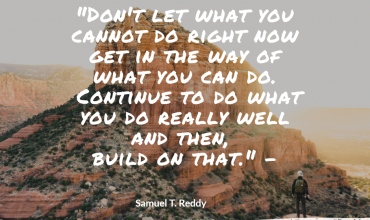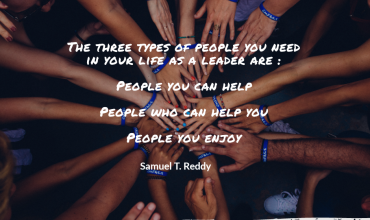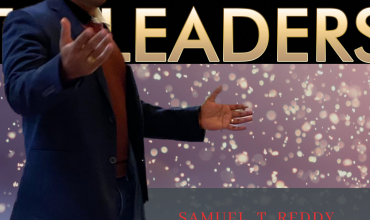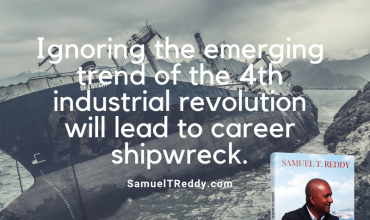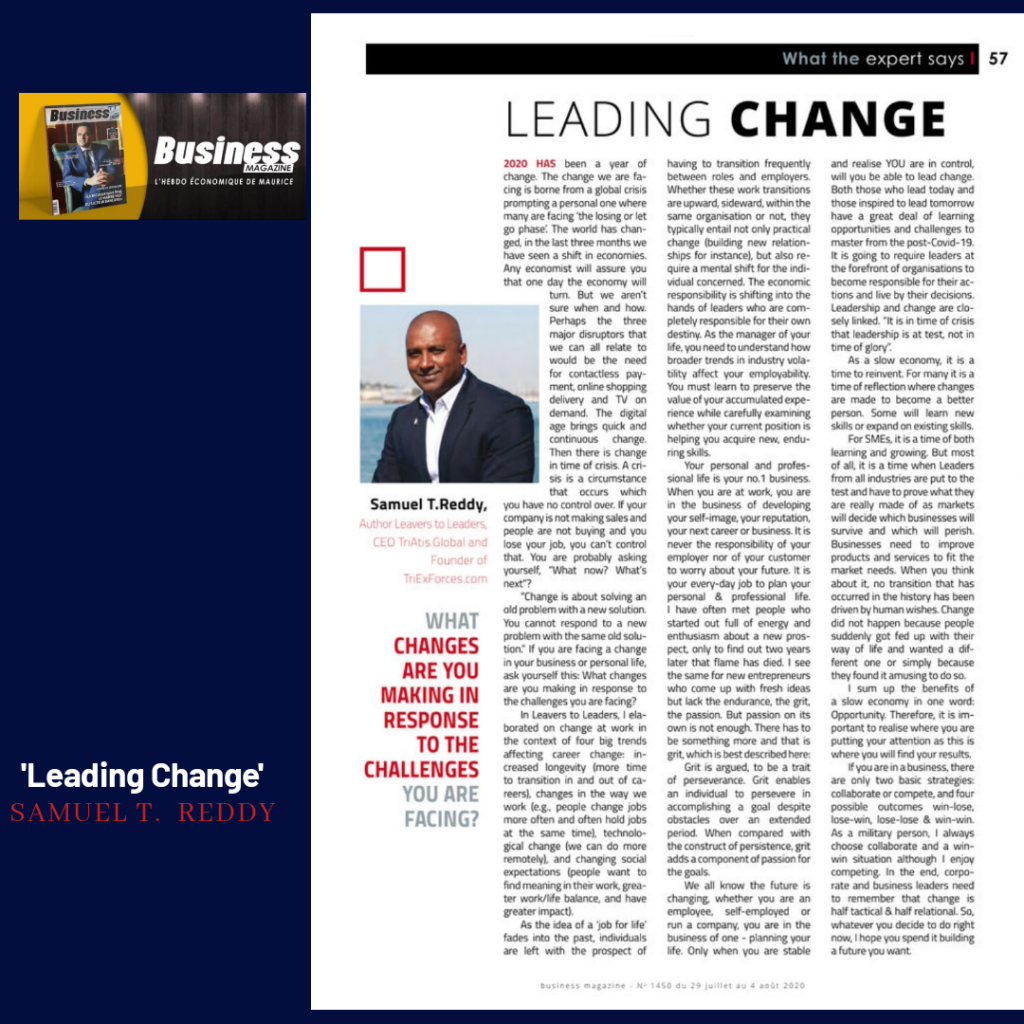
What Changes Are You Making In Response To The Challenges You Are Facing
2020 has been a year of change. The change we are facing is borne from a global crisis prompting a personal one where many are facing ‘the losing or let go phase’. The world has changed, in the last three months we have seen a shift in economies. Any economist will assure you that one day the economy will turn. But we aren’t sure when and how. Perhaps the three major disruptors that we can all relate to would be the need for contactless payment, online shopping delivery and TV on demand. The digital age brings quick and continuous change. Then there is change in time of crisis. A crisis is a circumstance that occurs which you have no control over. If your company is not making sales and people are not buying and you lose your job, you can’t control that. You are probably asking yourself, “What now? What’s next”?
“Change is about solving an old problem with a new solution. You cannot respond to a new problem with the same old solution.”
If you are facing a change in your business or personal life, ask yourself this:
What changes are you are making in response to the challenges you are facing?
In Leavers to Leaders I elaborated on change at work in the context of four big trends affecting career change: increased longevity (more time to transition in and out of careers), changes in the way we work (e.g., people change jobs more often and often hold jobs at the same time), technological change (we can do more remotely), and changing social expectations (people want to find meaning in their work, greater work/life balance, and have greater impact). As the idea of a ‘job for life’ fades into the past, individuals are left with the prospect of having to transition frequently between roles and employers. Whether these work transitions are upward, sideward, within the same organisation or not, they typically entail not only practical change (building new relationships for instance), but also require a mental shift for the individual concerned. The economic responsibility is shifting into the hands of leaders who are completely responsible for their own destiny. As the manager of your life, you need to understand how broader trends in industry volatility affect your employability. You must learn to preserve the value of your accumulated experience while carefully examining whether your current position is helping you acquire new, enduring skills.
Your personal and professional life is your no1 business. When you are at work, you are in the business of developing your self-image, your reputation, your next career or business. It is never the responsibility of your employer nor your customer to worry about your future. It is your every day job to plan your personal & professional life. I have often met people who started out full of energy and enthusiasm about a new prospect, only to find out two years later that flame has died. I see the same for new entrepreneurs who come up with fresh ideas but lack the endurance, the grit, the passion. But passion on its own is not enough. There has to be something more and that is grit, which is best described here:
Grit is argued, to be a trait of perseverance. Grit enables an individual to persevere in accomplishing a goal despite obstacles over an extended period. When compared with the construct of persistence, grit adds a component of passion for the goals.
We all know the future is changing, whether you are an employee, self-employed or run a company, you are in the business of one – planning your life. Only when you are stable and realise YOU are in control will you be able to lead change. Both those who lead today and those inspired to lead tomorrow have a great deal of learning opportunities and challenges to master from the post Covid-19. It is going to require leaders at the forefront of organisations to become responsible for their actions and live by their decisions. Leadership and change are closely linked.
“It is in time of crisis that leadership is at test, not in time of glory”.
As a slow economy it is a time to reinvent. For many it is a time of reflection where changes are made to become a better person. Some will learn new skills or expand on existing skills.
For SMEs it is a time of both learning and growing. But most of all it is a time when Leaders from all industries are put to the test and have to prove what they are really made of as markets will decide which businesses will survive and which will perish. Businesses need to improve products and services to fit the market needs. When you think about it, no transition that has occurred in the history has been driven by human wishes. Change did not happen because people suddenly got fed up with their way of life and wanted a different one or simply because they found it amusing to do so.
I sum up the benefits of a slow economy in one word: Opportunity. Therefore, it is important to realise where you are putting your attention as this is where you will find your results.
If you are in a business, there are only two basic strategies-collaborate or compete, and four possible outcomes win-lose, lose-win, lose-lose & win-win. As a military person I always choose collaborate and a win-win situation although I enjoy competing. In the end corporate and business leaders need to remember that change is half tactical & half relational. So, whatever you decide to do right now, I hope you spend it building a future you want.

